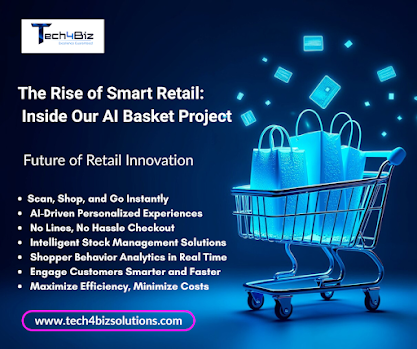Transforming Patient Care Through Medical AI Insights
In today’s fast-evolving healthcare landscape, leveraging advanced technology is pivotal to improving patient outcomes and operational efficiency. Medical Artificial Intelligence (AI) is at the forefront of this transformation, revolutionizing diagnostics, treatment planning, and personalized care delivery. Through deep insights and data-driven decision-making, Medical AI is empowering healthcare providers to enhance patient care in unprecedented ways.
The Role of Medical AI in Healthcare
Medical AI refers to the application of artificial intelligence technologies in healthcare settings. By analyzing vast amounts of clinical data, Medical AI can identify patterns, predict outcomes, and provide actionable insights that support healthcare professionals. These insights play a critical role in improving accuracy, reducing errors, and accelerating the time it takes to reach a diagnosis.
Enhancing Diagnostics with AI Insights
One of the most transformative aspects of Medical AI is its ability to enhance diagnostic accuracy. AI-powered tools can analyze medical images, laboratory results, and patient histories to detect subtle abnormalities that may be missed by the human eye. For example, AI algorithms can:
Detect early signs of diseases such as cancer, cardiovascular conditions, or neurological disorders.
Interpret radiological images with higher precision.
Identify high-risk patients who may require urgent intervention.
These advancements not only improve diagnostic accuracy but also enable early intervention, which is crucial for positive patient outcomes.
Personalized Treatment Plans
Medical AI insights also enable the development of personalized treatment plans tailored to each patient’s unique needs. By analyzing genetic data, lifestyle factors, and past medical history, AI can help healthcare providers design customized care plans that optimize treatment effectiveness. Personalized care leads to better adherence, fewer complications, and improved overall patient satisfaction.
Predictive Analytics for Preventive Care
Predictive analytics powered by medical AI is transforming preventive care strategies. By identifying patients at risk for chronic conditions or complications, AI can help healthcare providers implement proactive measures to prevent disease progression. Predictive insights also play a crucial role in reducing hospital readmissions and optimizing resource allocation in healthcare facilities.
Streamlining Clinical Workflows
Medical AI can significantly streamline clinical workflows by automating routine tasks such as documentation, appointment scheduling, and medication management. This allows healthcare professionals to focus more on direct patient care, improving both efficiency and patient engagement. AI-driven decision support systems can also provide real-time recommendations at the point of care, helping clinicians make informed decisions quickly and confidently.
Overcoming Challenges in Medical AI Adoption
While the benefits of medical AI are undeniable, healthcare organizations face several challenges in adopting these technologies. Key considerations include:
Data Privacy and Security: Ensuring that patient data is protected and compliant with regulations such as HIPAA.
Integration with Existing Systems: Seamless integration with electronic health records (EHRs) and other healthcare IT systems.
Training and Education: Equipping healthcare providers with the knowledge and skills to effectively utilize AI tools.
Addressing these challenges is essential to fully realizing the potential of Medical AI in transforming patient care.
The Future of Patient Care with Medical AI
As Medical AI continues to evolve, its impact on patient care will only deepen. From real-time patient monitoring to AI-assisted surgeries, the possibilities are vast. Innovations in natural language processing (NLP) and machine learning (ML) are further expanding the capabilities of medical AI, enabling more intuitive interactions and greater precision in clinical decision-making.
Conclusion
Transforming patient care through Medical AI insights is not just a futuristic vision—it is a present-day reality. By harnessing the power of AI, healthcare providers can improve diagnostic accuracy, personalize treatments, predict risks, and streamline workflows, ultimately enhancing patient outcomes and overall healthcare delivery. As adoption grows and challenges are addressed, Medical AI will continue to redefine the future of healthcare, one insight at a time.
.png)


.png)
Comments
Post a Comment